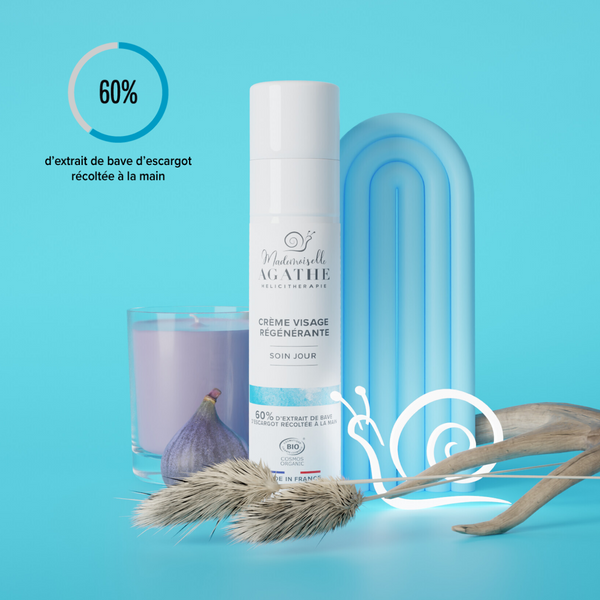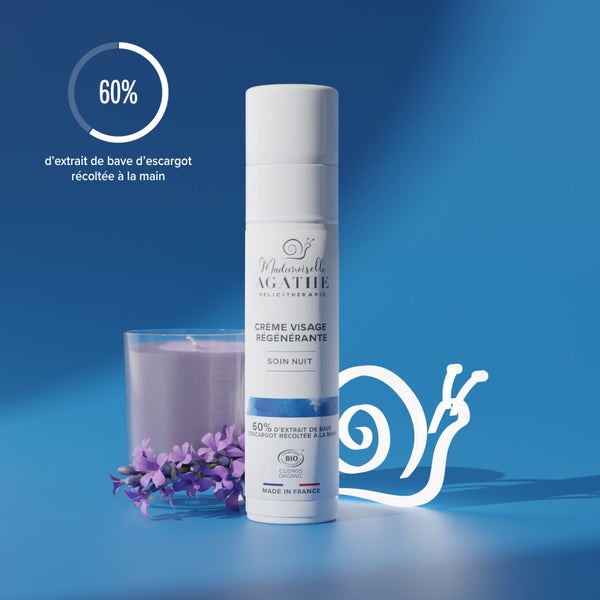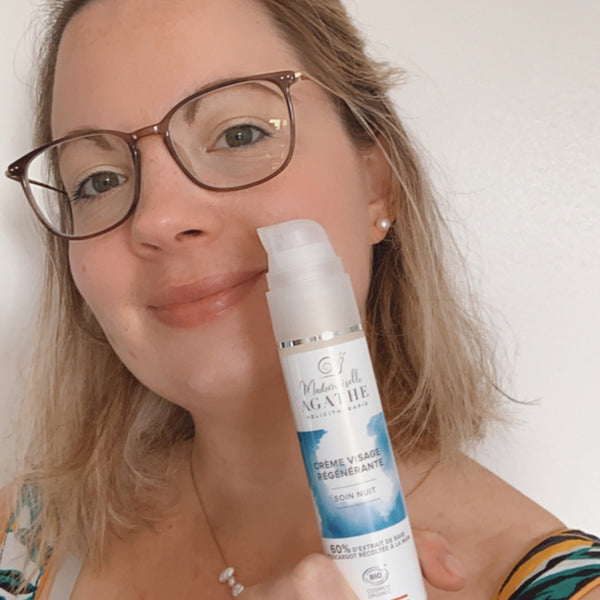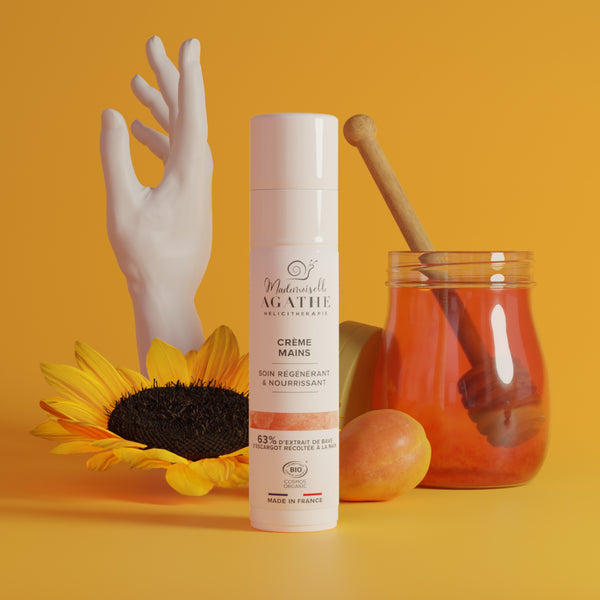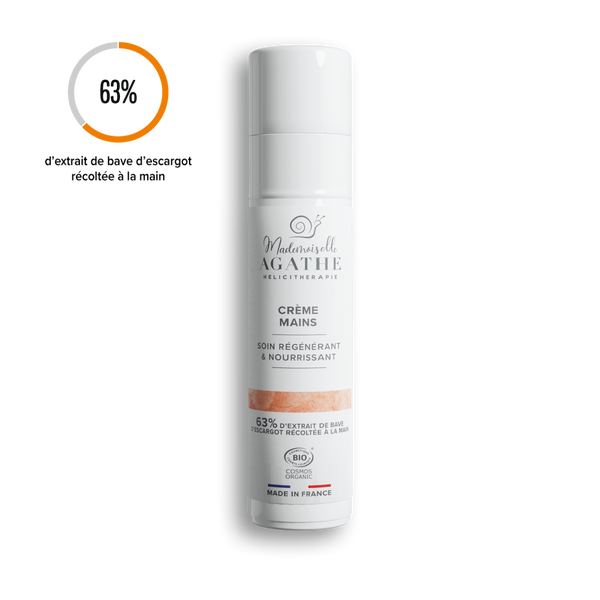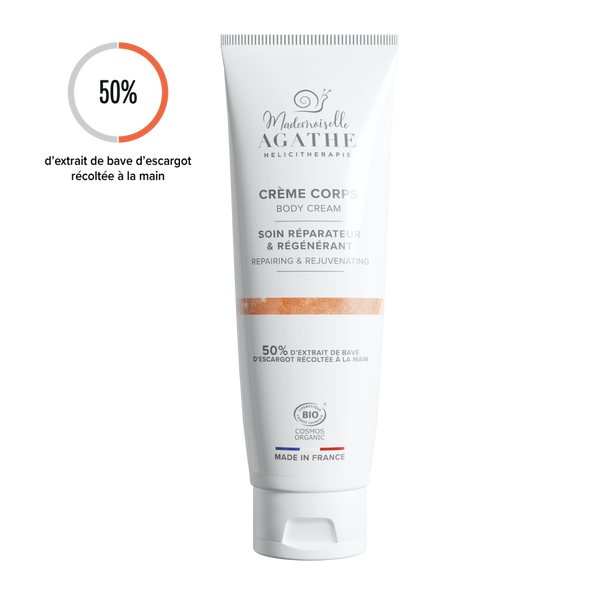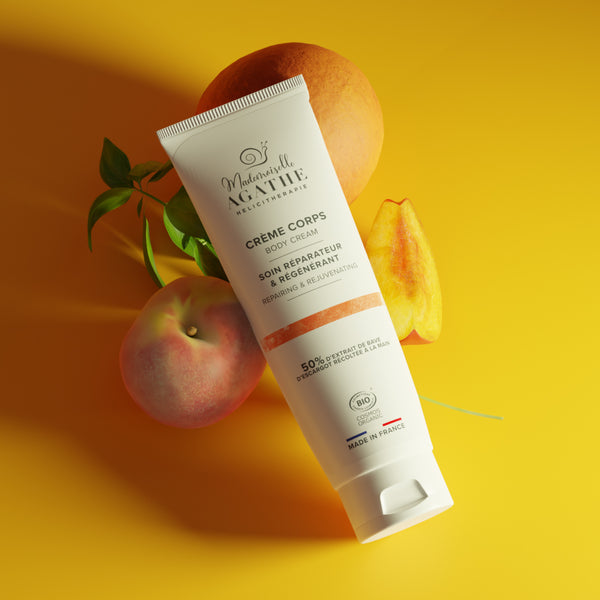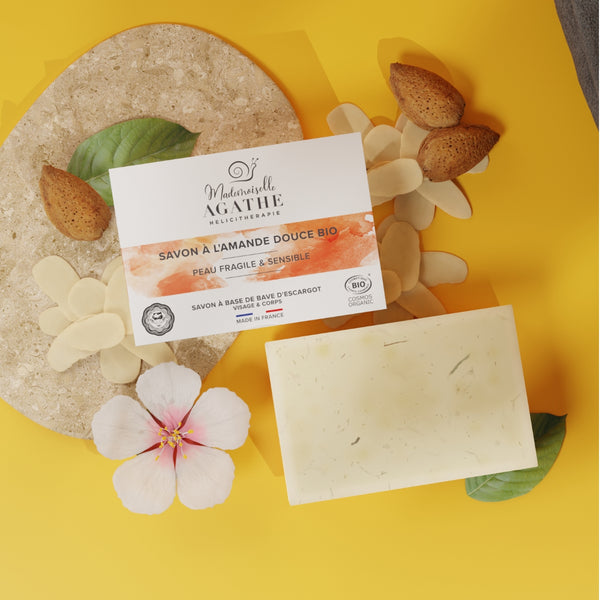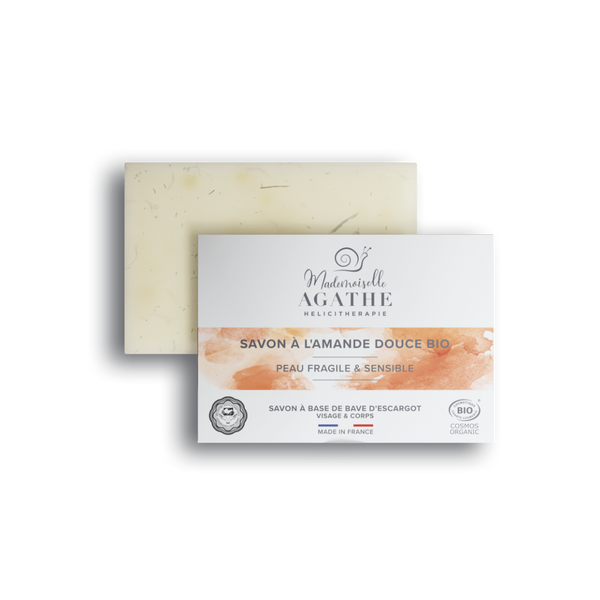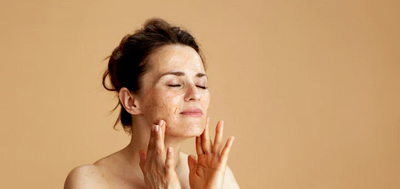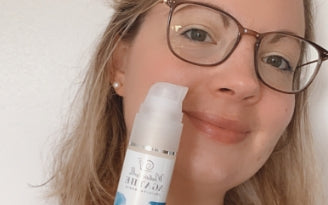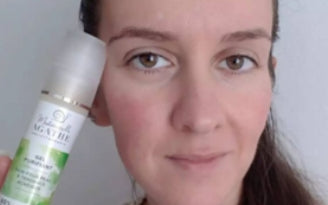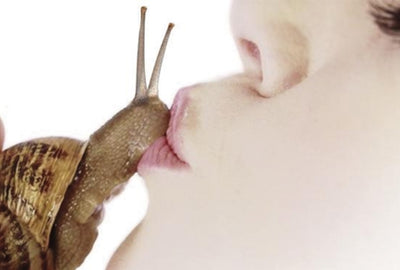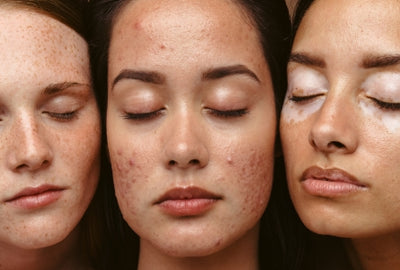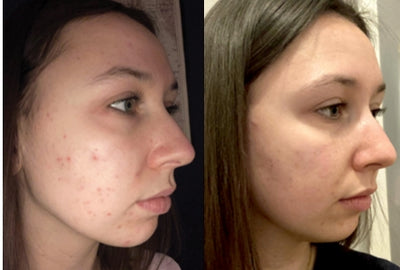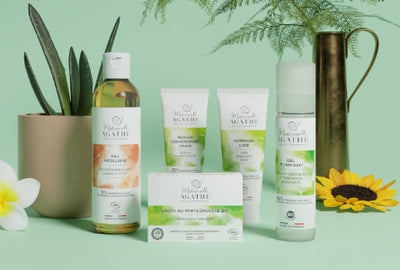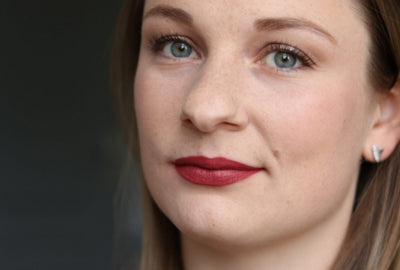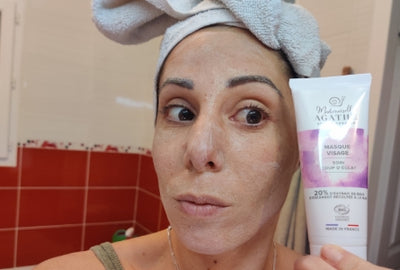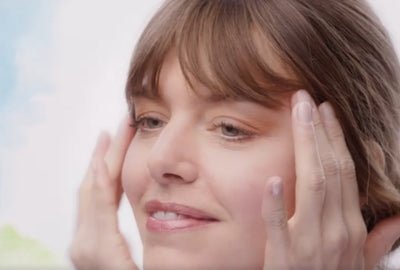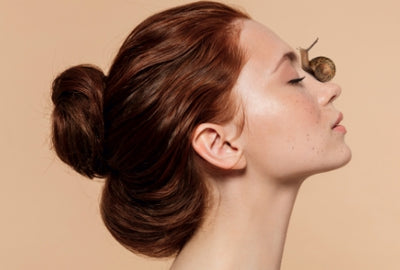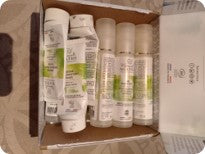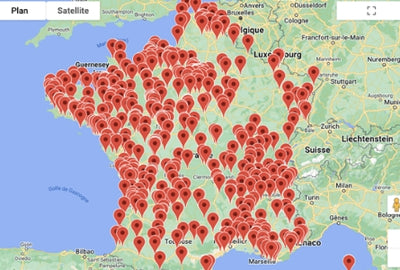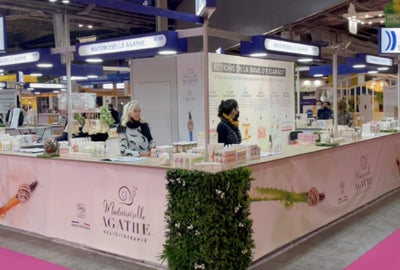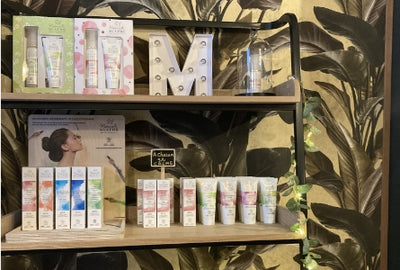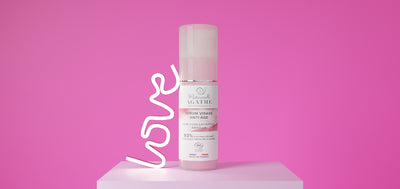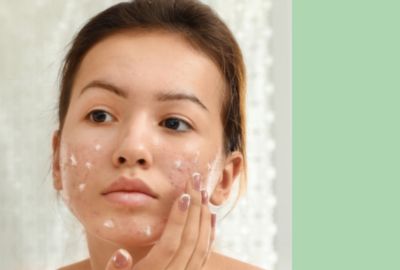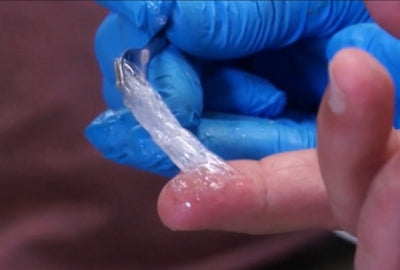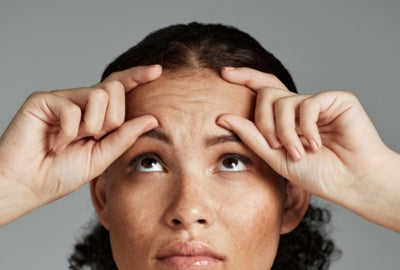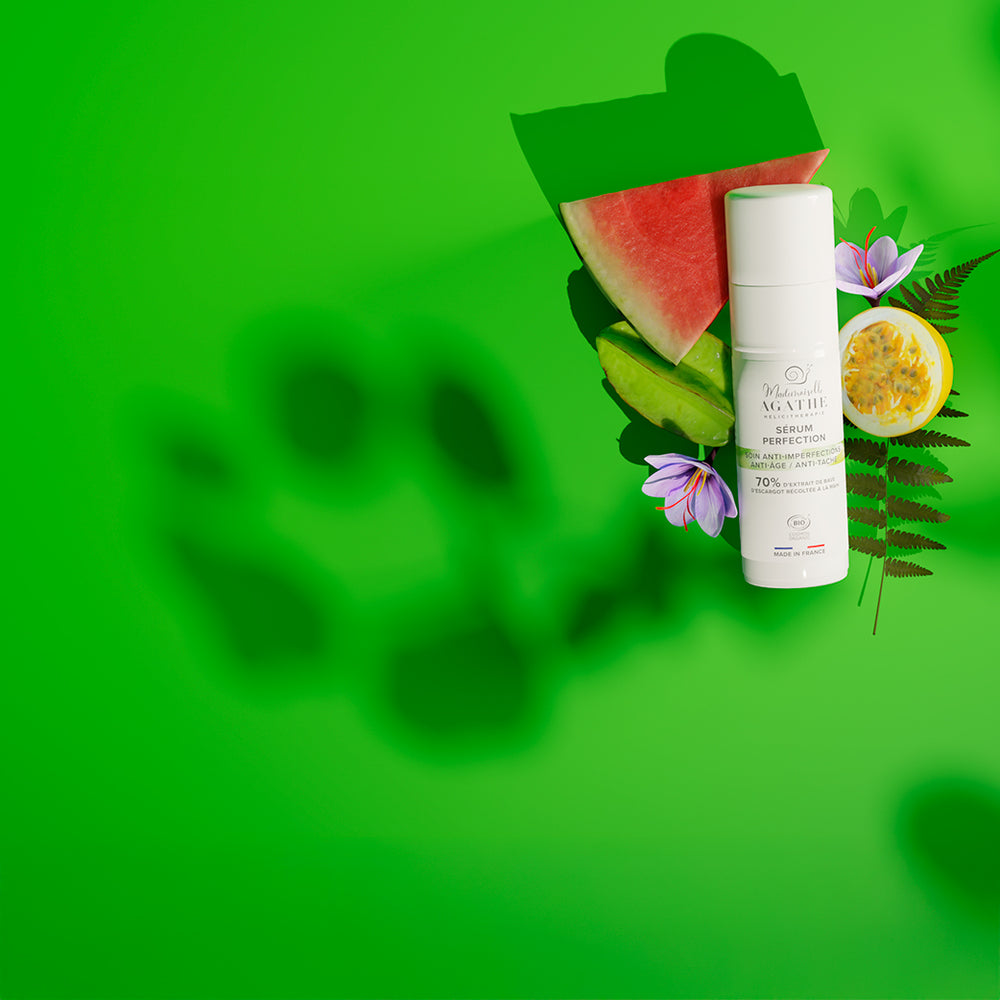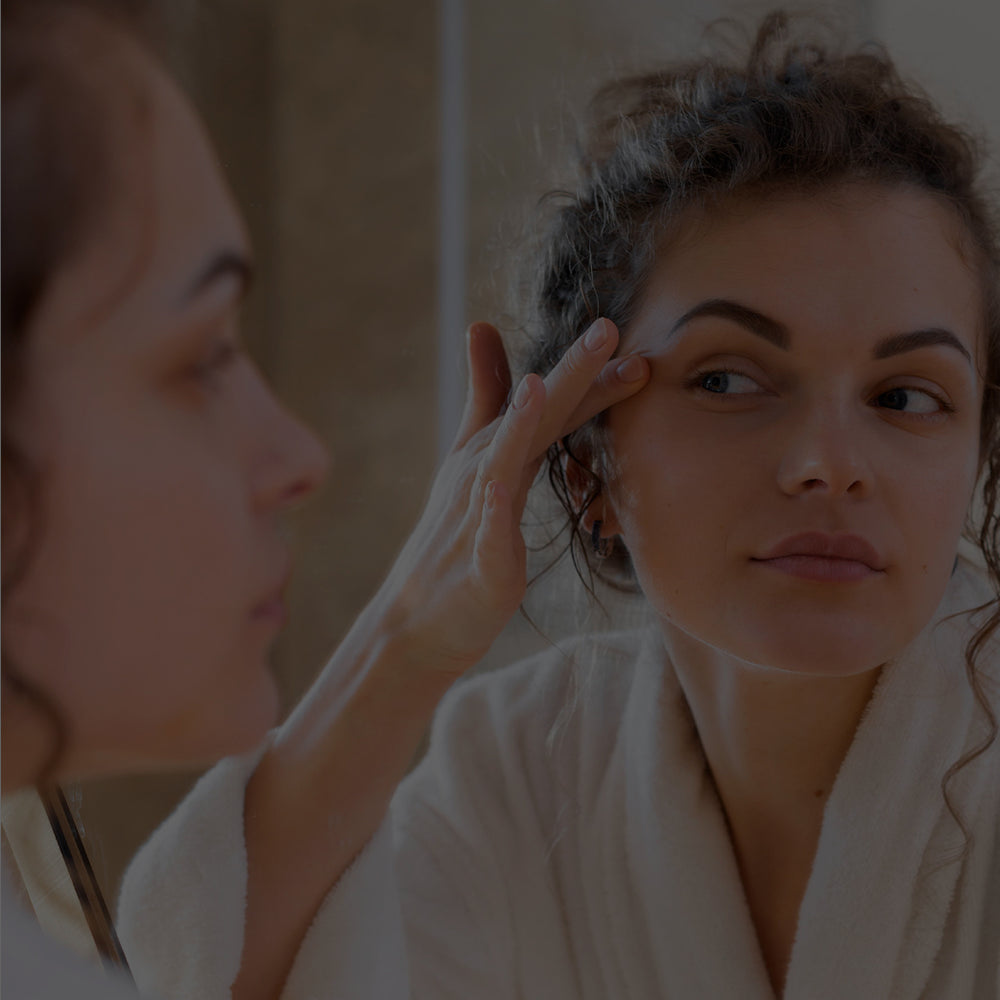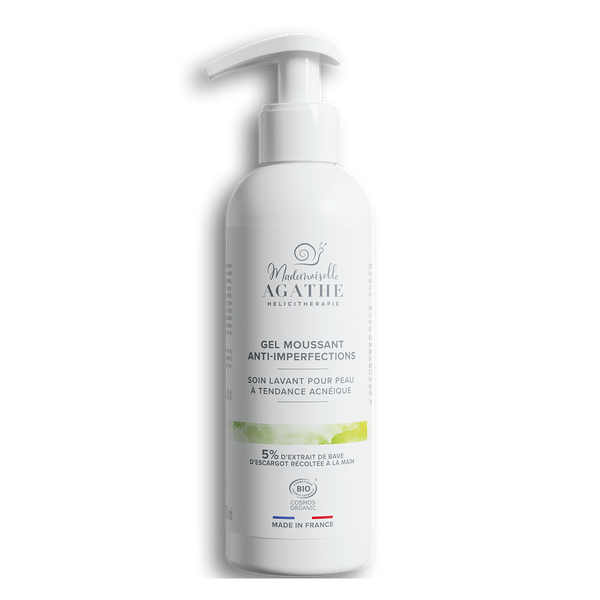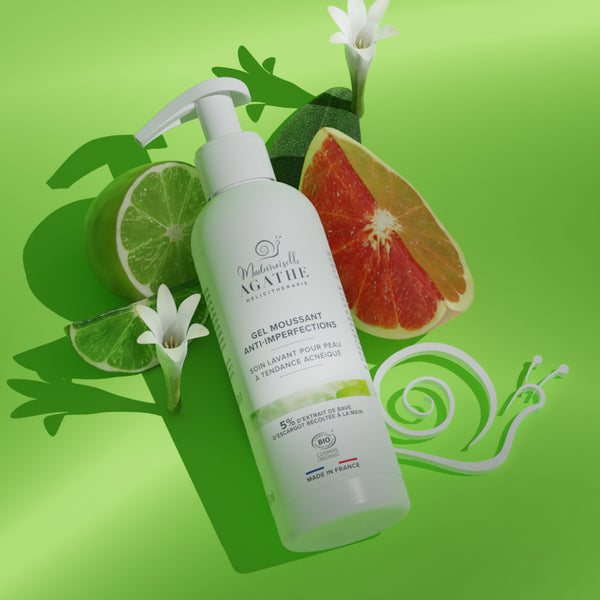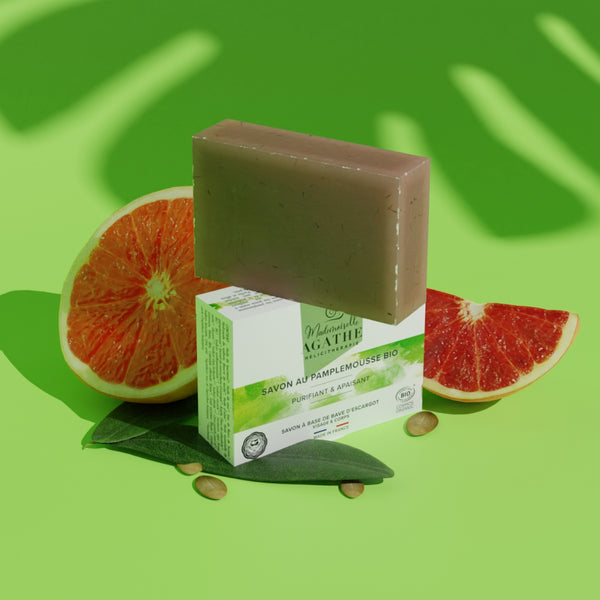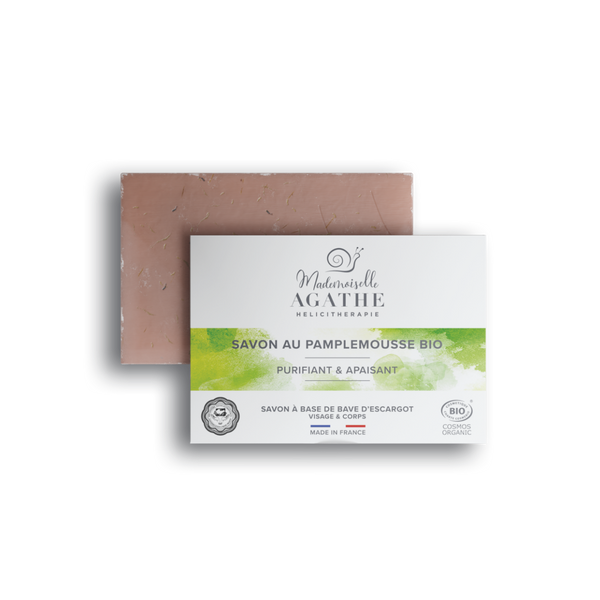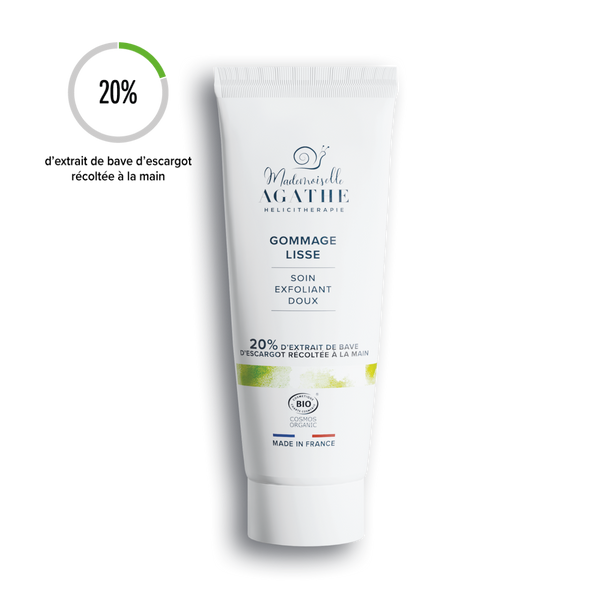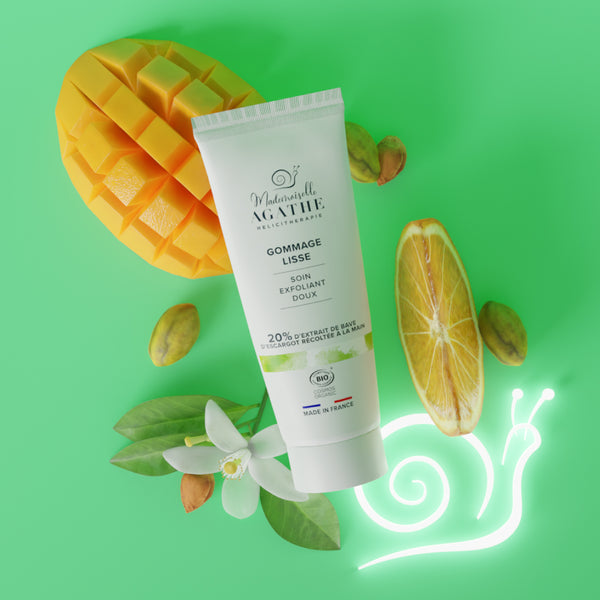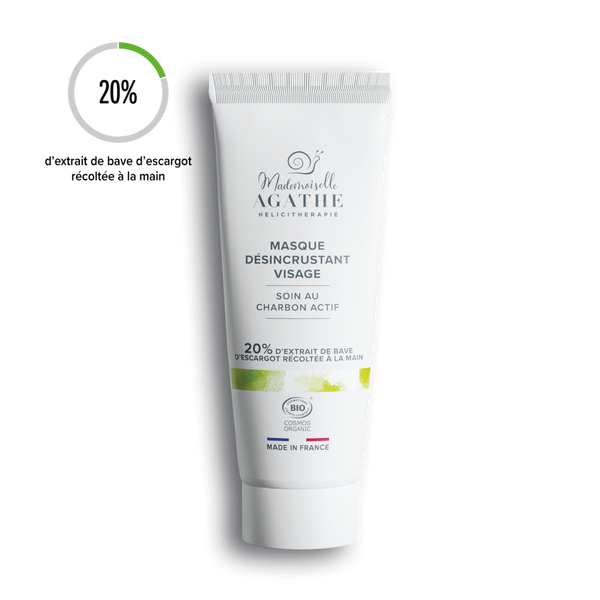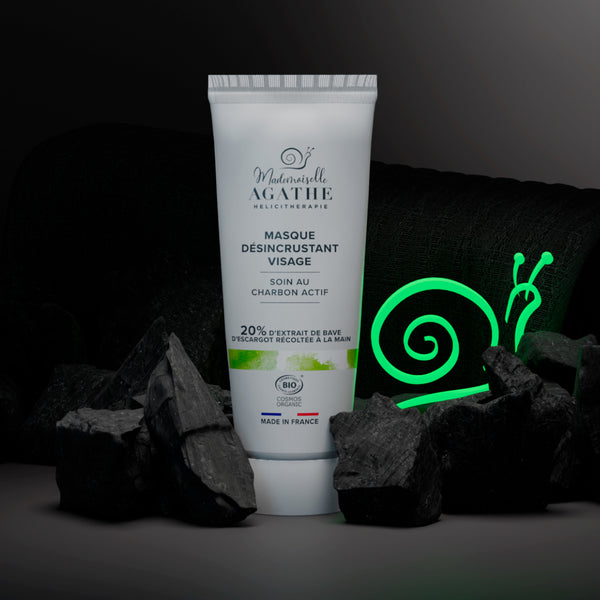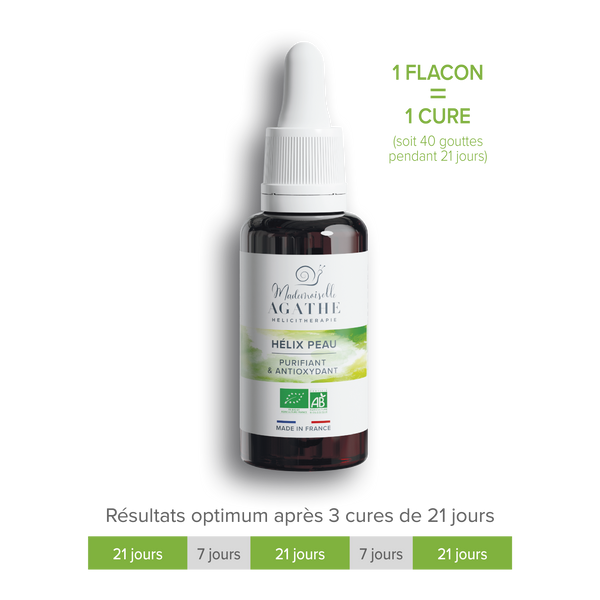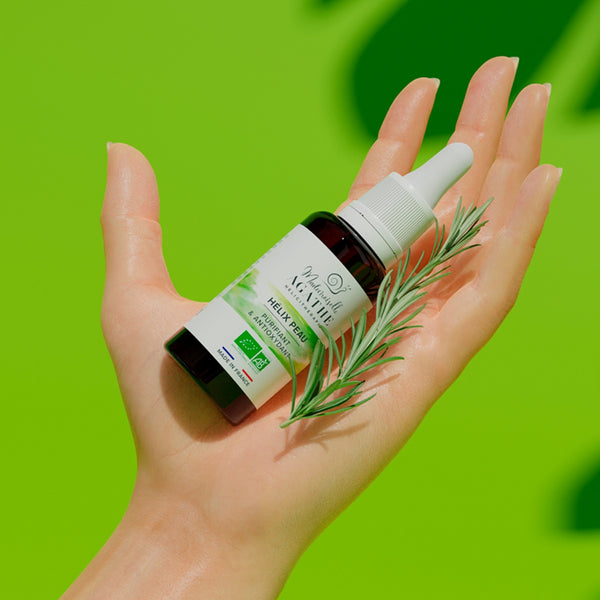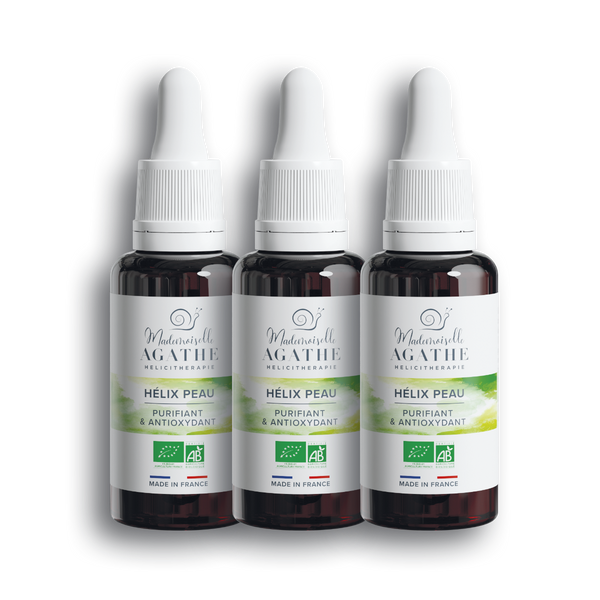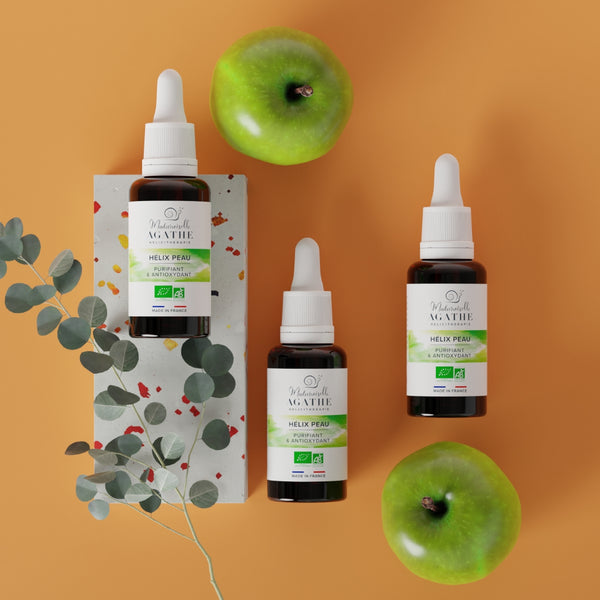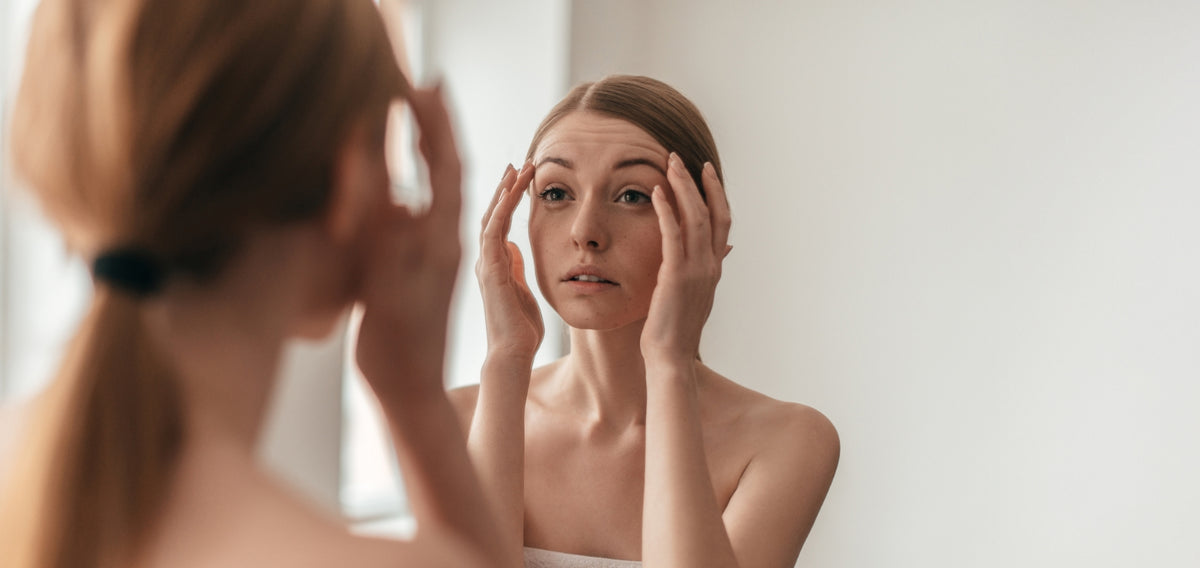
How to recognize the different types of skin imperfections?
Skin imperfections are common concerns that can affect the appearance of the skin, making the complexion uneven and sometimes uncomfortable. Whether it's blackheads, pimples, pigment spots, or scars, it's important to understand the nature of each imperfection in order to adopt the right care for smooth and radiant skin. Let's explore the different types of skin imperfections, their causes, and how to treat them effectively using natural and tailored solutions, like those offered by Mademoiselle Agathe.
Imperfections related to pores and blackheads
One of the most common forms of blemishes is related to the appearance of pores and their clogging by excess sebum and dead skin cells. Enlarged pores, although genetic, can become enlarged due to excessive sebum production, often accentuated by age and loss of skin elasticity. These enlarged pores can lead to the formation of comedones, either open (blackheads) or closed (whiteheads). Blackheads are easily recognizable thanks to their black color, resulting from the oxidation of sebum, while whiteheads remain below the skin's surface, forming small, discreet bumps. Purifying skincare products like our anti-blemish foaming gel can help keep pores clear and reduce their visibility.
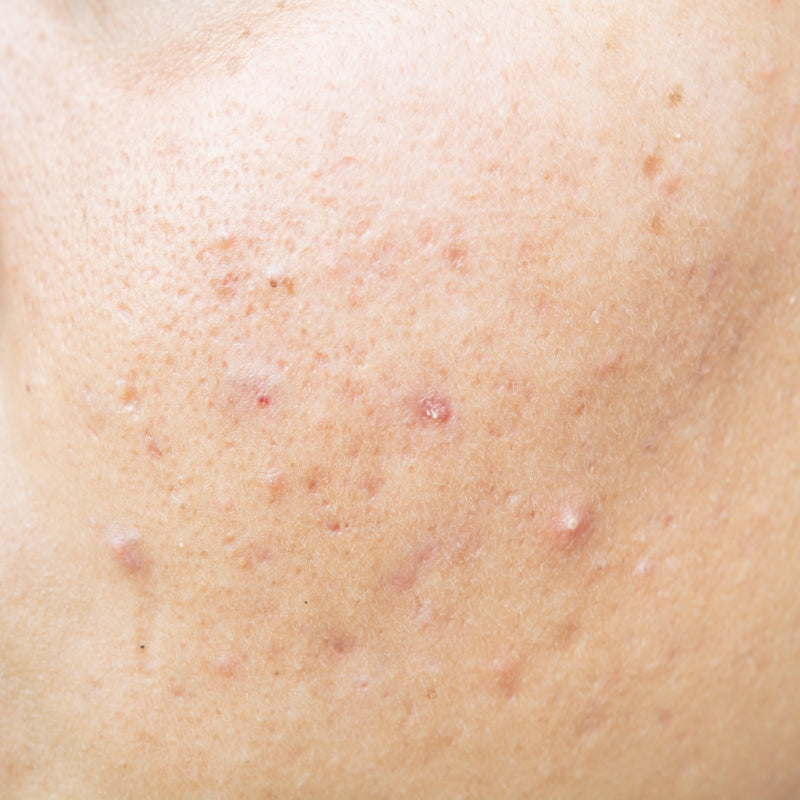

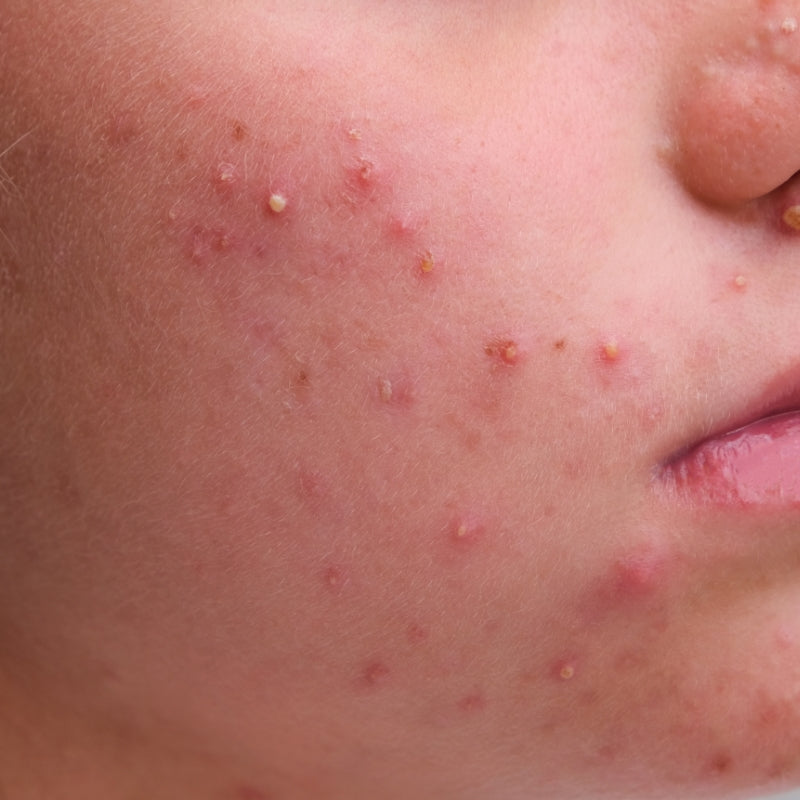

Inflammatory pimples: papules and pustules
Inflammatory pimples are more serious blemishes, often linked to bacterial infections in the hair follicles. Papules, small, red, inflamed bumps, are common and form when sebum becomes trapped and causes an inflammatory response in the skin. When an infection sets in, they can turn into pustules, which contain pus and are often more painful. A gentle but effective solution, such as using our purifying gel for acne-prone skin twice daily with its 65% snail slime, can help calm inflammation, rebalance and purify the skin.
Severe forms of acne: nodules and cysts
In more severe forms of acne, deeper subcutaneous lesions can appear as nodules and cysts. These painful, large blemishes, which form under the skin, can leave significant scarring when they resolve. Nodules are often red lesions, while cysts are fluid-filled sacs. While treatment sometimes requires dermatological intervention, regular restorative skincare can help limit scarring and soothe the skin. Our post-acne routine is particularly effective at promoting cell regeneration, improving skin texture by restoring balance, and promoting faster healing.
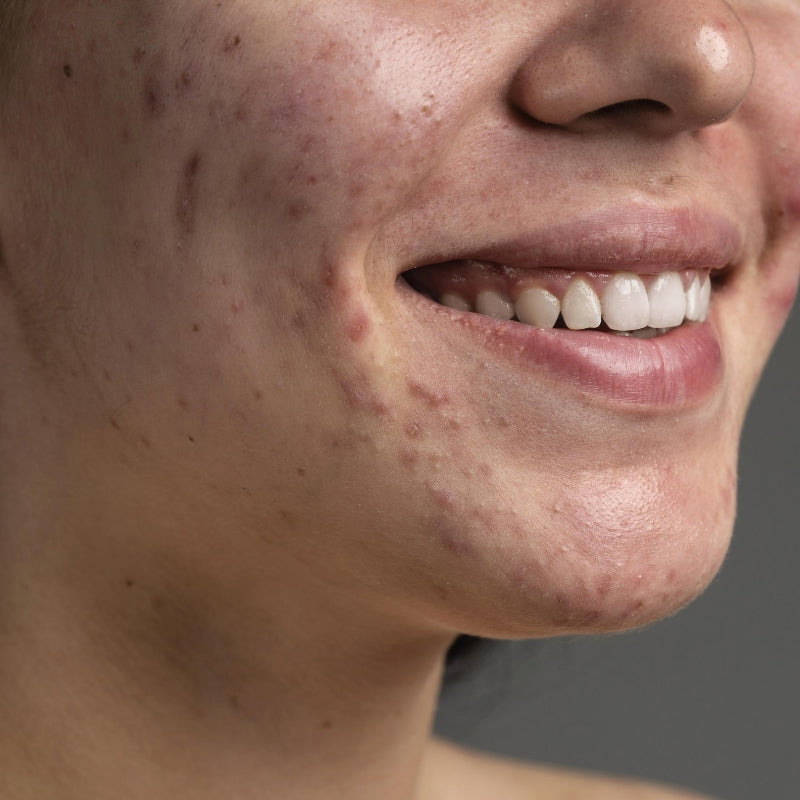

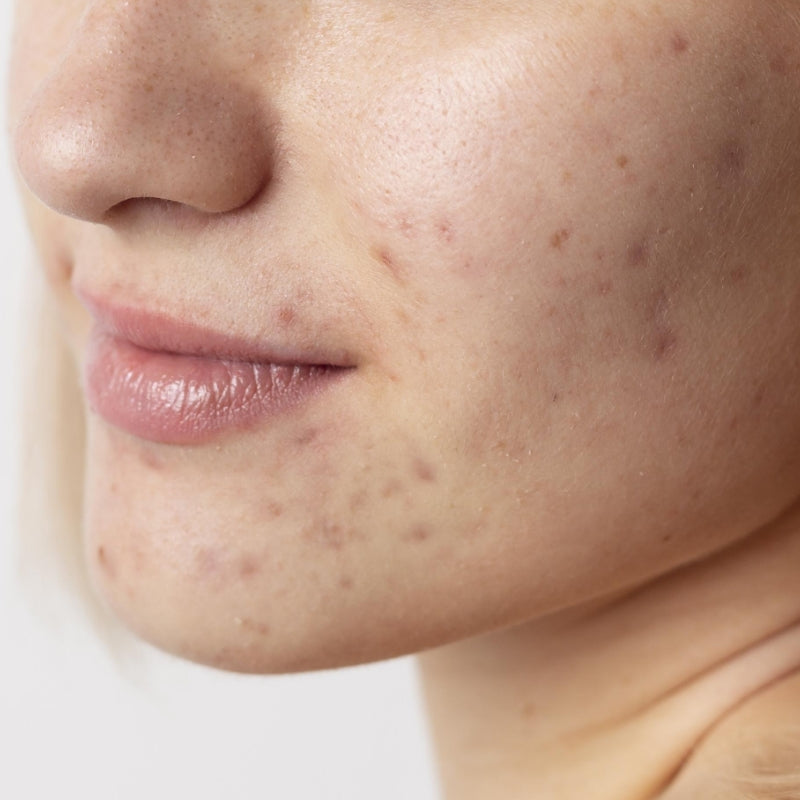

Pigment spots and residual scars
Finally, pigment spots, such as sunspots and pimple marks, can also be considered skin imperfections. These spots form when melanin production becomes irregular, often after excessive sun exposure or inflammation. Similarly, acne scars, whether sunken (atrophic) or raised (hypertrophic), can leave lasting marks. To treat these imperfections, it is crucial to boost skin cell regeneration with specific skincare products. Our Radiance Cream helps reduce the surface area and pigmentation of spots thanks to the combination of our snail slime extract and a hydro-glycolic complex of active plants. As for our Regenerating Night Care , it helps reduce the appearance of scars by boosting oxygenation and cell activity at the time when skin renewal is most intense: at night.
Recognizing the different types of skin imperfections is the first step in choosing the right skincare products and restoring smooth, radiant skin. Whether it's for dilated pores, inflamed spots, severe forms of acne, or pigmentation spots, there are effective snail slime-based solutions that help purify, repair, and regenerate the skin. By understanding the origin of each imperfection and adopting an appropriate skincare routine, you can not only treat your imperfections but also restore healthy, even skin.
